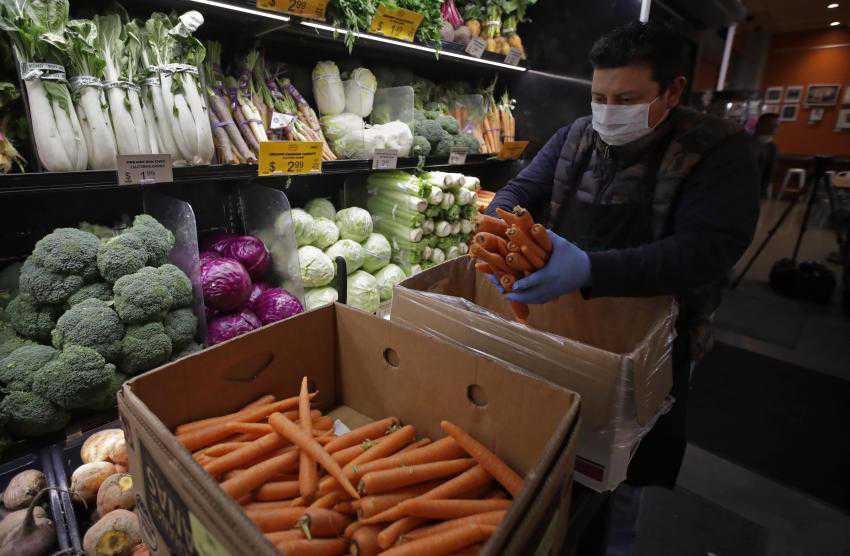Why health specialists aren't warning about coronavirus in food
07 April, 2020

Chicken with salmonella can make you sick. Consequently can romaine lettuce with E. coli and buffets with lurking norovirus. Why aren’t health officials caution people about eating food contaminated with the brand new coronavirus?
The answer is due to the varying paths organisms try make people sick.
Respiratory viruses just like the new coronavirus generally put on cells in places like the lungs. Germs like norovirus and salmonella can survive the acid in stomachs, afterward multiply after attaching to cells inside people’s guts.
“Focusing on what tissues to add to is typically section of the disease’s technique to cause illness,” in line with the U.S. Centers for Disease Control and Prevention.
The CDC and different experts note that the virus is new and still being studied. However they declare there’s no proof yet that COVID-19 sickens people through their digestive devices, though the virus provides been detected in the feces of contaminated people.
How these germs pass on also differs.
Respiratory viruses like the flu and the brand new coronavirus pass on mainly through person-to-person contact and air droplets from coughing, sneezing or additional flying saliva.
Germs that make people sick through food reason symptoms like diarrhea. In some cases, germs in the feces can capitalize on poor hygiene to leap from people's hands to other things that they touch.
That’s why it’s as a result very important to food workers to remain home when they are ill with digestive illnesses: There’s a large risk the cafe could wrap up sickening many individuals.
In terms of food and COVID-19, professionals say the largest risk is contact in grocery stores with other customers and employees, instead of whatever you eat. It’s why retailers are limiting the quantity of individuals they let in, requesting customers to practice public distancing and using tape to mark what lengths apart persons should stand.
The new virus can survive on some surfaces, so authorities say to keep your hands to yourself whenever you can and avoid touching that person when shopping. After unpacking your groceries in the home, the CDC suggests washing your hands.
It can be harder for viruses to survive on foodstuff itself.
“It’s a porous surface area. The probability of anything surviving or appearing out of it will be little,” said Alison Stout, a specialist in infectious diseases and public well being at Cornell University.
As for the coronavirus being within the stool of infected persons, the CDC notes that it's not known whether the germs found generally there can actually sicken somebody. Stout said the occurrence of the virus in the stool is much more likely a reflection of systemic an infection, rather than its capability to survive the digestive system.
Source:
TAG(s):
